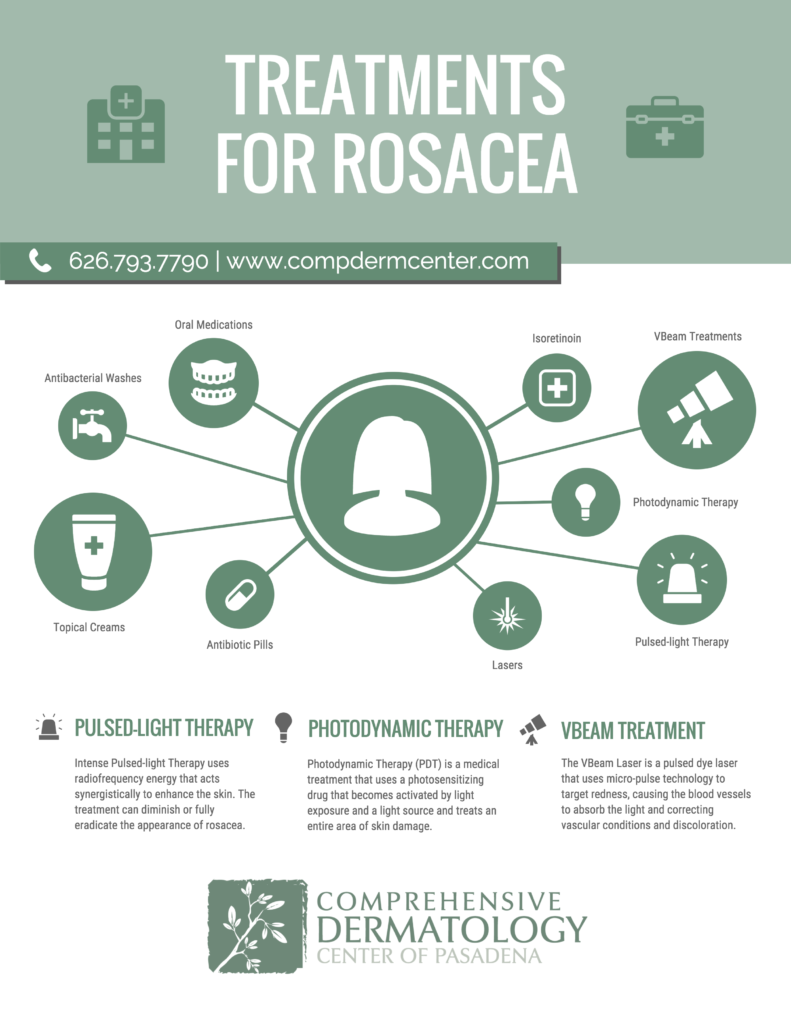Did you recognize that virtually 85% of people experience acne at some time in their lives? When you're faced with this usual skin issue, determining between prescription and over-the-counter (OTC) therapies can be difficult. Each option has its own set of advantages and disadvantages, which can substantially impact your skin's health and wellness. So, how do you determine which treatment lines up best with your demands? Recognizing the vital distinctions and what they imply for your special scenario may simply hold the solution.
Secret Distinctions Between Treatments
When it concerns acne treatments, comprehending the essential differences can make a substantial impact on your skin's health and wellness.
You'll discover two primary groups: over the counter (OTC) and prescription treatments. OTC alternatives, such as benzoyl peroxide and salicylic acid, are easily available and have a tendency to be less intensive. They commonly work by unclogging pores and minimizing swelling, making them ideal for mild to moderate acne.
On the other hand, prescription therapies generally consist of stronger energetic ingredients, like retinoids or prescription antibiotics, and are tailored for much more extreme instances. These treatments often call for a dermatologist's support, enabling them to target particular skin worries properly.
The strength and formulation of prescription alternatives can bring about quicker outcomes but might likewise feature a greater danger of side effects.
You must also consider your skin type and any level of sensitivities when selecting a therapy. For example, if you have delicate skin, OTC therapies may be a gentler beginning factor.
Ultimately, recognizing these distinctions aids you make notified options concerning your acne treatment trip and leads you towards clearer skin.
Advantages and disadvantages of Prescription Choices
Prescription alternatives for acne therapy included both advantages and negative aspects that you need to weigh very carefully.
https://lowlevellasertherapy45444.myparisblog.com/32739574/look-into-these-leading-10-acne-therapy-items-that-might-transform-your-skin-care-video-game-your-flawless-skin-tone-waits-for is their effectiveness. Prescription medicines typically have greater focus of energetic ingredients, which can lead to faster and much more reliable outcomes contrasted to non-prescription (OTC) items. https://turnto10.com/features/health-landing-page/the-zoom-effect-has-led-to-an-increase-in-demand-for-cosmetic-surgery could additionally find that prescriptions are customized to your certain skin type and acne severity, giving a more customized strategy.
On the other side, these therapies can come with considerable downsides. For one, they may have adverse effects ranging from mild inflammation to more serious difficulties, which you need to check closely.
In addition, prescription therapies can be extra pricey, specifically if your insurance policy doesn't cover them. You could likewise face obstacles in getting a prescription, as it needs a visit to a healthcare provider, which can be taxing and troublesome.
Advantages of OTC Therapies
OTC therapies usually supply a convenient and accessible option for handling acne. You can easily discover these products in drug stores, supermarket, or online, making them easily offered over the counter. This availability means you can begin your acne therapy whenever you need to, without waiting for a physician's appointment.
An additional substantial advantage of OTC treatments is their cost. Numerous non-prescription options are affordable, enabling you to explore various solutions without breaking the financial institution. You can try different products to see what works best for your skin type.
OTC therapies additionally come in a range of solutions, including gels, creams, and washes. This range allows you to choose a product that fits your way of living and preferences. Lots of have active components like benzoyl peroxide or salicylic acid, which work in dealing with acne.
Finally, you have the freedom to change your program based upon your skin's response. If one product isn't functioning, you can conveniently change to one more without a prolonged examination process. This adaptability encourages you to take control of your acne monitoring trip.
Conclusion
In the long run, selecting between prescription and OTC acne therapies really boils down to your distinct skin requirements and scenarios. While prescriptions could appear like the gold ticket for swift results, OTC choices use an even more accessible path, allowing you take control of your skin care journey. Embrace the adaptability of OTC items or think about the tailored approach of prescriptions-- in either case, you're taking a favorable action towards clearer skin and enhancing your self-confidence along the road.
